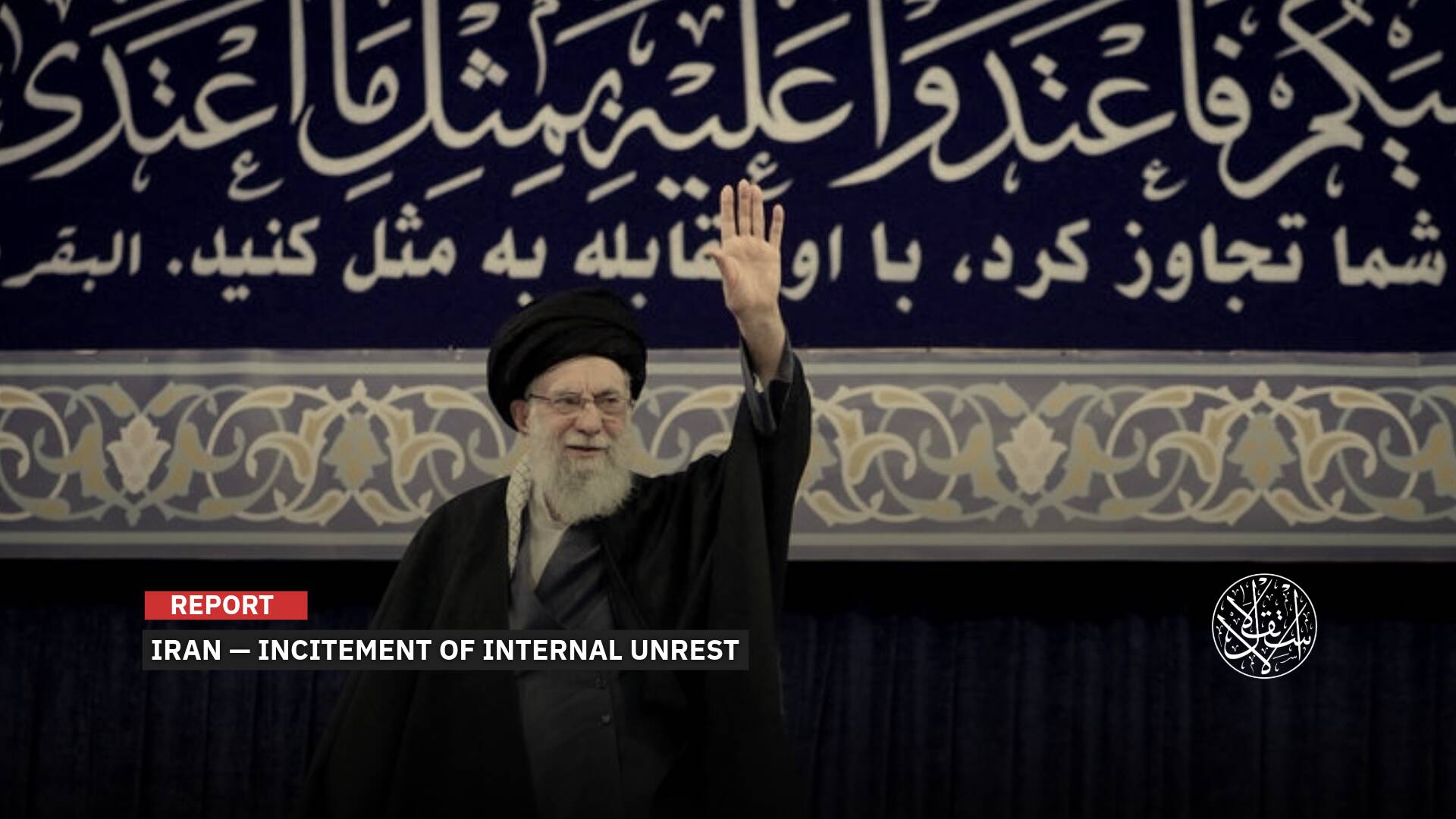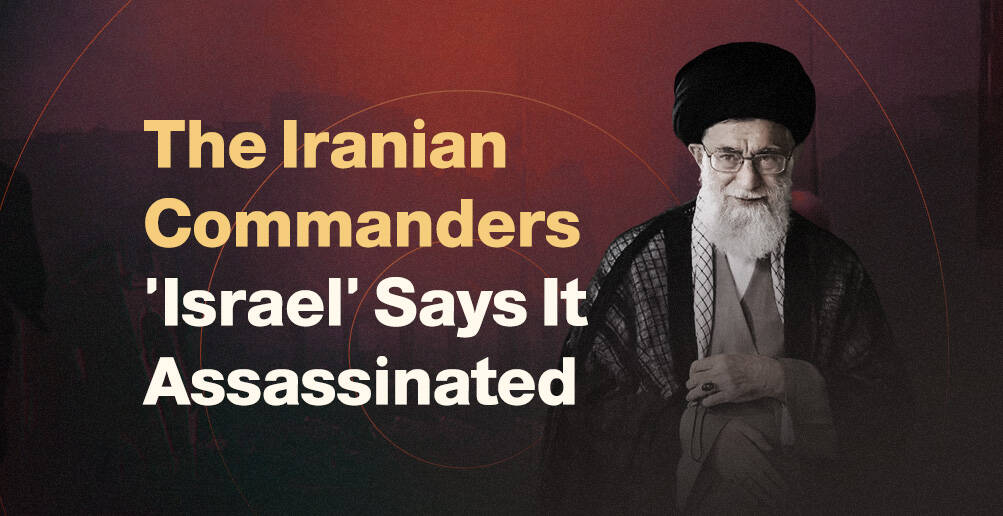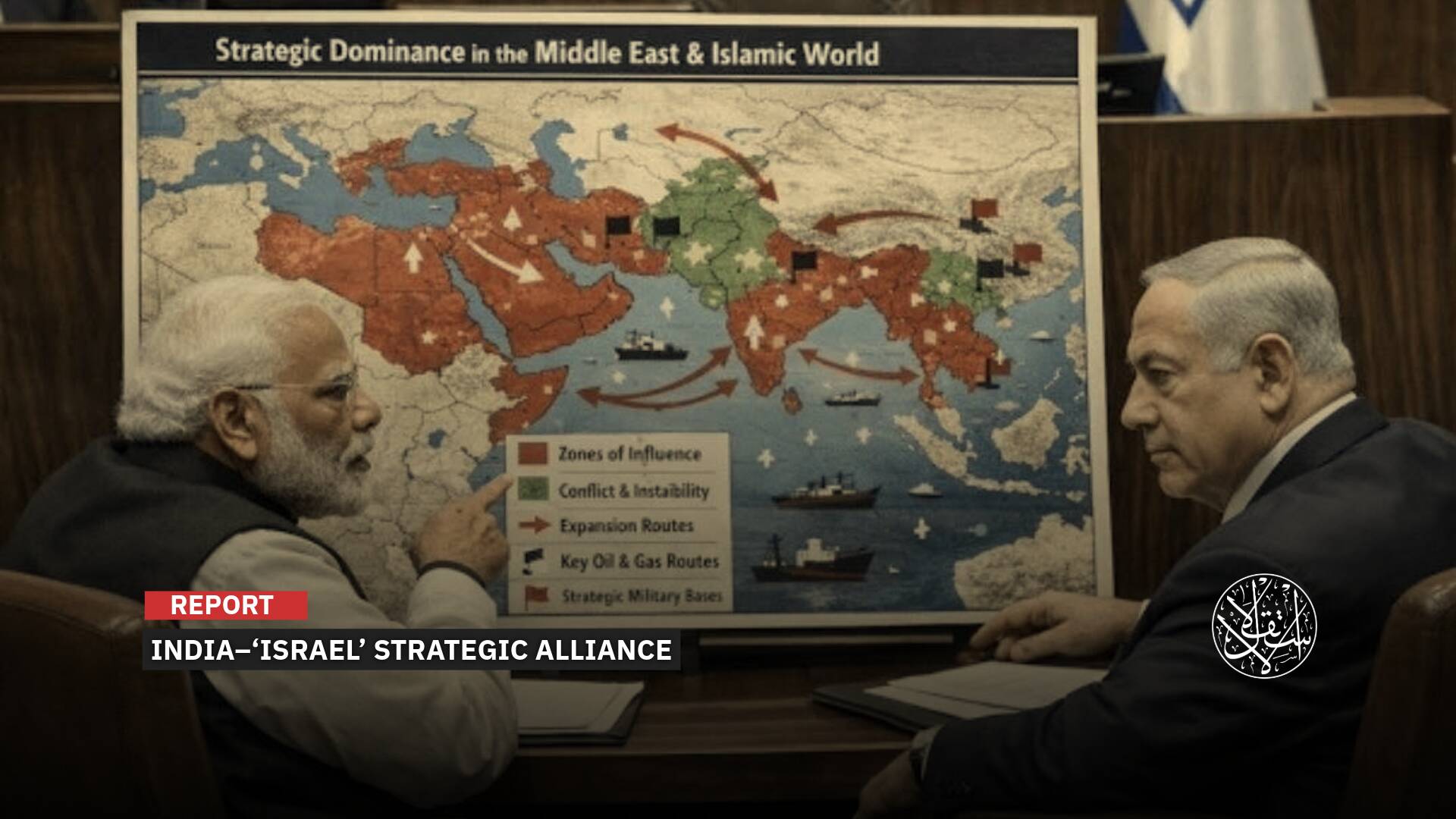International Pressure and Military Parades: Who Benefits From Extending the Truce in Yemen?

With the end of the humanitarian truce sponsored by the United Nations in Yemen since April 2022, fears are growing of a resumption of battles between the legitimate government forces backed by a Saudi-Emirati coalition, and the Iranian-backed Houthis militia, in light of a very complex humanitarian situation.
In an attempt by the international community to extend the armistice that expires on October 2, 2022, the UN envoy to Yemen, Hans Grundberg, conducted a tour in September 2022 that included Riyadh, Muscat, and Sana'a.
The tour comes in order to discuss a proposal to announce a new extension of the truce after 6 months of its continuation in a fragile manner and the mutual accusations between the parties of violations and failure to implement its provisions.

Houthi Conditions
The international efforts aim to extend the truce for the longest possible period, as the UN envoy re-submitted the proposal to expand the current truce, which was announced during the last extension on August 2, 2022, in light of fears of its collapse in light of the state of mobilization and military reviews between the parties during the past days.
The proposal submitted by the envoy to the government and the Houthi militia regarding the extension and expansion of the current truce included the opening of the roads of Taiz and a number of governorates, the expansion of new commercial flights from Sana'a International Airport to seven new Arab capitals, and the opening of the port of Hodeidah completely in front of oil derivatives ships.
On September 26, 2022, Grundberg met with the head of the Presidential Leadership Council, Rashad al-Alimi, in the Saudi capital, Riyadh, to discuss ongoing efforts to implement and extend the armistice.
On September 28, Grundberg discussed with the head of the Houthi political bureau, Mahdi al-Mashat, in Sana'a, the efforts of the United Nations to expand the armistice in Yemen as a prelude to lasting peace.
During the meeting, al-Mashat said, "The injustice inflicted on the Yemeni people as a result of the aggression and the siege is very grave, compared to the simple humanitarian demands that it provides, such as disbursing the salaries of all state employees and the pensions of retired people, and lifting the siege," as he put it, according to what was reported by the Houthi-affiliated Saba Agency.
The Houthis are seeking to obtain greater gains from extending the truce, taking advantage of the great international interest in it, and preventing any new escalation in Yemen.
The escalation may threaten the return of battles and the exchange of air and missile attacks between the Saudi-Emirati coalition and the Houthi militias, which have stopped completely during the past six months, despite violations on the internal fronts in the Yemeni governorates.

Mutual Accusations
On the other hand, the Yemeni government requires the opening of roads in the city of Taiz, which the Houthis have besieged since 2015, which is one of the main provisions of the current truce, while the Houthis refused to open the roads after two rounds of talks that took place in Jordan under the auspices of the United Nations in May 2022.
In addition to disbursing the salaries of employees in Houthi-controlled areas from the revenues of oil ships arriving at the port of Hodeidah, where the government accuses the Houthis of looting oil derivatives revenues and of not complying with the terms of the armistice.
The Houthi militia, which controls most of the major population and urban centers in northern and western Yemen, accuses the Saudi-Emirati coalition of detaining fuel ships and not allowing them to enter the port of Hodeidah on the Red Sea, which is under the militia's control.
Commenting on the difficulties on the way to extending the truce, journalist and humanitarian activist Salim al-Saadani said that the Houthis are investing international pressure to extend the truce in their favor by dictating more conditions in exchange for not implementing the previous clauses.
Al-Saadani confirmed to Al-Estiklal that "the international and regional desire to put an end to the Yemen war file has become another gift from which the Houthis benefit in consolidating their stay in power in northern Yemen, and draining time to pass the conditions after the coalition failed to manage the battle."
Ready for Confrontation
The Sweden agreement, or what is known as the Stockholm agreement, which the Houthis signed with the Yemeni government on December 13, 2018, provides for the cessation of military operations and the progress of government forces towards the strategic city of Hodeidah on the Red Sea.
Also, evacuating the city of Hodeidah of weapons, in addition to a prisoner exchange mechanism, and an understanding to calm the fighting in Taiz Governorate (central) and open its roads.

But the Houthis repudiated their obligations regarding opening roads and evacuating the city from armed manifestations and contented themselves with a prisoner exchange deal with government forces in October 2020, brokered by the United Nations and the International Committee of the Red Cross.
According to the Houthi-affiliated Almasirah channel, which broadcasts scenes from the parade, the show included new strategic weapons that have not been disclosed before, some of which entered service, and some of them have been tested and not used yet.
Al-Saadani warned against "the consequences of the resumption of battles."
He pointed out that "the return of the battle will cast a shadow over the already dilapidated humanitarian situation, in light of the high prices, the interruption of salaries and the lack of work, in addition to the continuous levies by the Houthis."
The seven-year conflict in Yemen has caused the largest humanitarian crisis in the world, and until the end of 2021, the war killed 377,000 people and cost the economy an estimated 126 billion dollars in losses, according to the United Nations.











